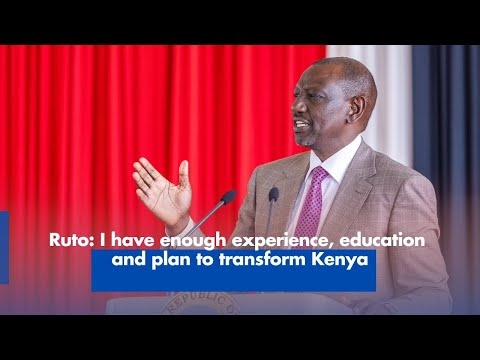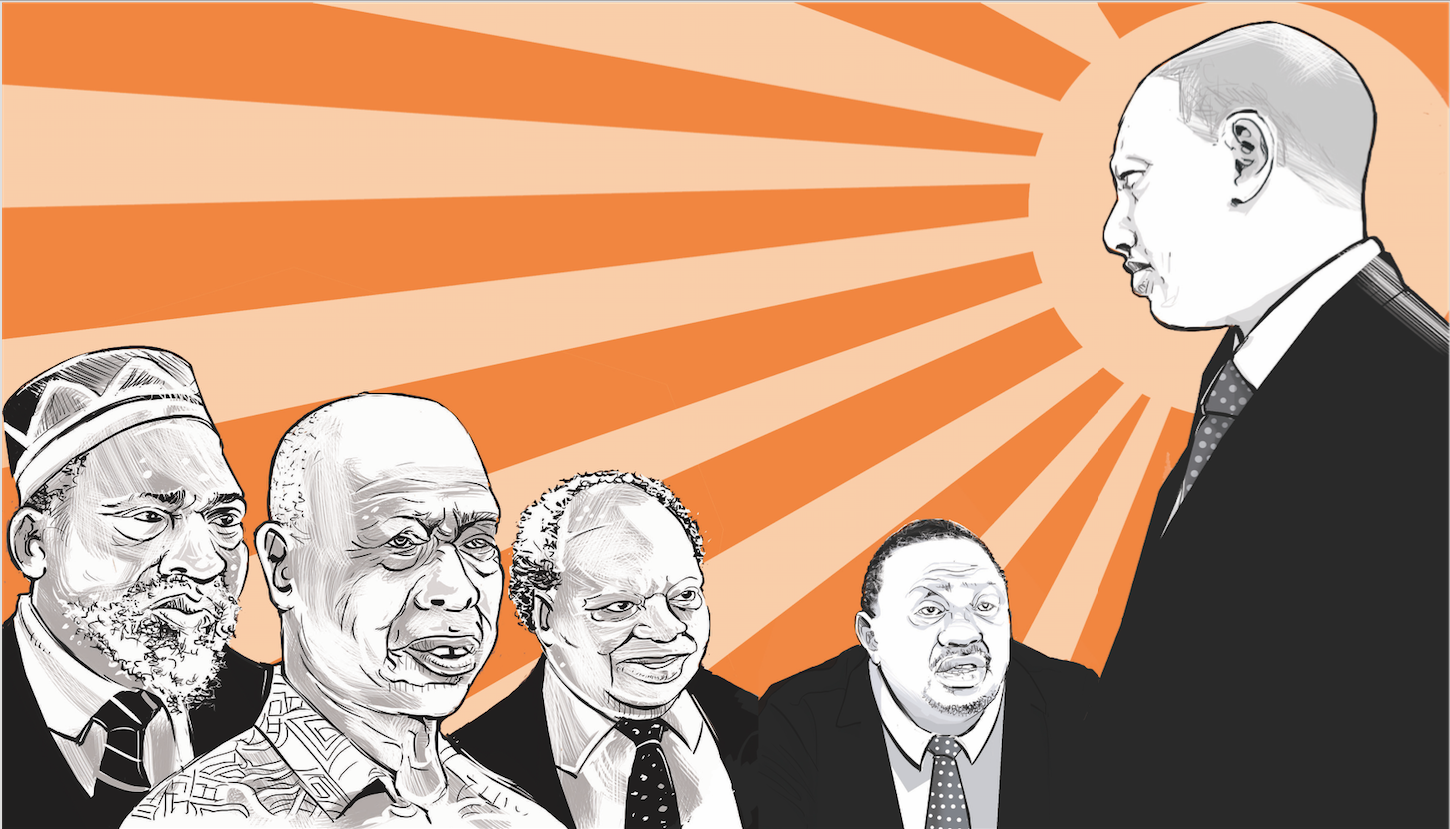

“I have the courage of Jomo, Moi’s understanding, Kibaki’s education and the plan we shared with Uhuru Kenyatta,” President William Ruto declared on August 4.
To him, it was a confident nod to past icons and a message to Kenyans that he only needed time to impress them.
But his self-praise recalls George Washington’s reminder that “it is the actions, not the commission, that make the officer” and that “titles may impress, but it is conduct that truly defines leadership.”
So, what truly makes a leader worthy of the name?
History offers examples like Abraham Lincoln, Mahatma Gandhi, Nelson Mandela and Kim Dae-jung. These leaders embodied vision, integrity and a rare ability to inspire. They united people, ended injustices and sparked transformative change amid division.
They built legacies rooted in service, not self-praise, by abolishing slavery and securing independence and healing nations.
Since 2000, the Cable-Satellite Public Affairs Network has ranked US presidents after their terms based on 10 leadership traits, including crisis management and moral authority. Lincoln tops historians’ lists, followed by Washington and the Roosevelts.
Kenya also has visionaries like Wangari Maathai, Dedan Kimathi, Tom Mboya and Pio Gama Pinto, among others. These leaders placed the public good above personal gain and risked everything for it.
Today, however, politics favours the loudest voices; those who promise much but deliver little, arriving with noise but moving slowly and failing to fulfil the hopes they raise over principled leaders.
The gap between promise and practice is enormous. While integrity, transparency and inclusive governance should be the backbone of public service, the lived reality is far bleaker.
Instead, mismanagement, broken promises and systemic failures have widened inequalities across various sectors. For instance, education remains underfunded.
Even the recent 2025–2029 Collective Bargaining Agreement, which promised salary increases of up to 29 per cent for the lowest-paid teachers, fell short. Many teachers received increments as little as Sh330.
Similarly, poor infrastructure, limited access and persistent staff shortages in the health sector continue to hamper service delivery.
Security has also deteriorated significantly. The 2024 Finance Bill protests left over 200 dead, with at least 60 enforced disappearances and growing evidence of state repression.
Economically, households continue to struggle as the cost of living rises, driven by a 6.8 per cent spike in food prices in 2025, alongside higher taxes and fuel hikes.
The 2024 National Ethics and Corruption Survey shows Kenya loses over Sh600 billion annually to corruption, about 7.8 per cent of GDP.
This rampant greed and lack of integrity among public officials cripple economic progress, while oversight bodies increasingly mirror executive interests. Furthermore, devolution is now stifled by delays and political interference.
The Constitution of Kenya, 2010 prescribes integrity, accountability and public service in Articles 10 and 73–80. But the current regime sidesteps these values.
Chapter Six demands ethical leadership, but rising misconduct and disregard for public trust show a drift from the principles on which our governance was built.
Still, leadership is only half the equation. A nation ultimately gets the leaders it tolerates. If we keep clapping at empty speeches and shrugging at broken promises, we become accomplices to our betrayal.
When history flips this page, it will weigh the deeds of those in power and ask us, the citizens: Did we demand better, or did we trade our future for applause? The answer will define whether Kenya’s pride is genuine or hollow.
Manager for Inclusion and Political Justice at the Kenya Human Rights Commission
















